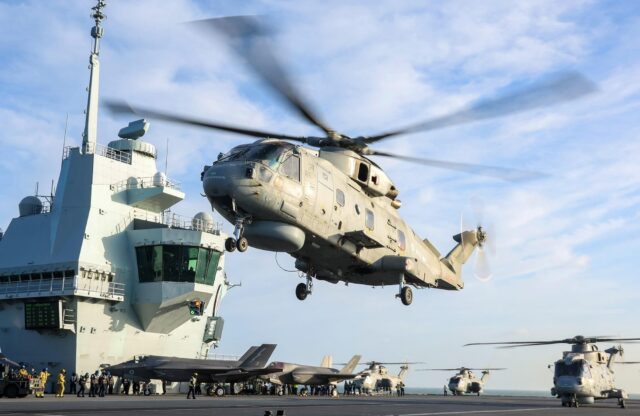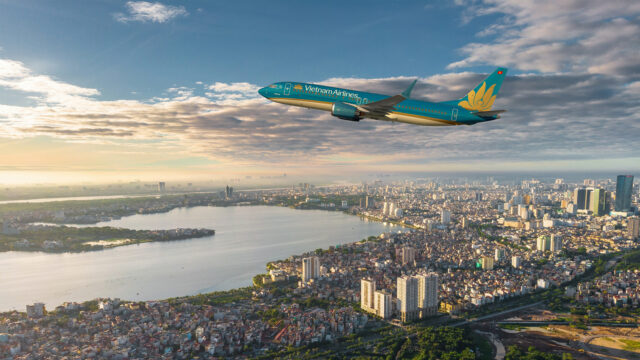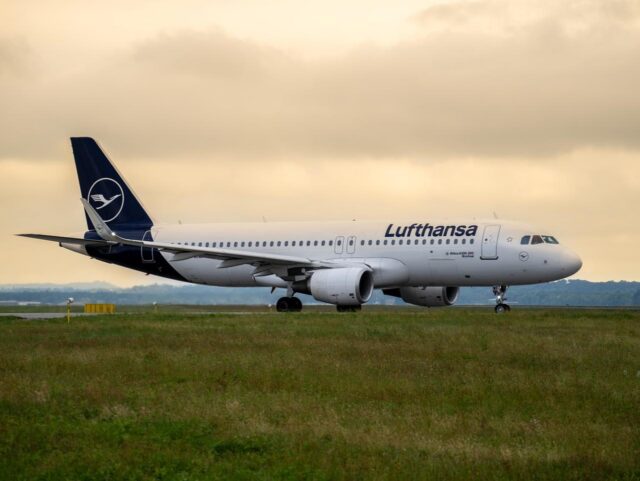Are biofuels taking off in aviation?
As Hainan Airlines flies Beijing to Chicago partly on biofuels, we look at the drive to use more alternative fuels in aviation.
China’s Hainan Airlines flight HU497 recently made its…

As Hainan Airlines flies Beijing to Chicago partly on biofuels, we look at the drive to use more alternative fuels in aviation.
China’s Hainan Airlines flight HU497 recently made its maiden voyage and landed successfully landed at Chicago O’Hare Airport after spending 12 hours and 40 minutes in the air. The landing signalled the success of its first transoceanic passenger flight using biofuels on the Beijing-Chicago route.
The biofuel was reportedly produced by China Petrochemical Corp (Sinopec Group), mainly from waste cooking oil from restaurants. The jet was powered by a mix of 15% biofuel and 85% conventional fuel.
Hainan Airlines president Sun Jianfeng, who also served as captain of the flight, said: “Climate change has become a common challenge facing the entire world, while green and low-carbon development solutions have become an inevitable necessity when it comes to any research and development being undertaken today.”
He added: “Responding to the call by the Chinese government to build and become fully engaged in a culture that is environmentally and ecologically aware, Hainan Airlines has partnered with Green Aviation Initiatives & Networks (GAIN) to continuously explore energy-saving and emission reduction technologies such as biofuel flight, with the mission of becoming a pioneer in this important field, the development of which is critical to the future of the great planet we live on.”
Global efforts
The European Commission has set a target for the aviation industry to use 2 million tonnes of biofuels by 2020. The Federal Aviation Authority FAA is also working to enable the US to use of one billion gallons per year of sustainable alternative jet fuels by 2018.
Qantas is an example of another airline pursuing biofuels. It recently announced that its LA-based aircraft will be powered by biofuel from 2020. The world’s first biofuel flight between the United States and Australia, operated by Qantas, will take place early next year. The Los Angeles to Melbourne flight will take place early next year, in collaboration with World Fuel Services and Altair Fuels, and will see Qantas’ new Dreamliner being powered by Brassica Carinata, a non-food, industrial type of mustard seed.
Making it happen
The key to achieving these goals is about supply chains, business models and cost-efficiency, analysts say.
“When biofuel goes into commercial production, it will bring benefits, especially in tackling environmental pollution,” Li Li, director of research at Shanghai-based industry consultancy ICIS, told the Global Times.
“However, there is still a long way to go to commercialise this new energy source,” she said, adding: “If we could come up with a more sustainable and cost-effective business model, biofuel derived from used cooking oil could bring more benefits to China besides environmental protection.”
















